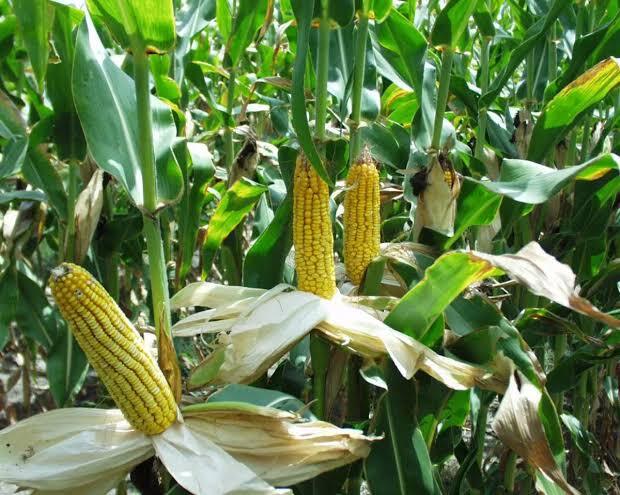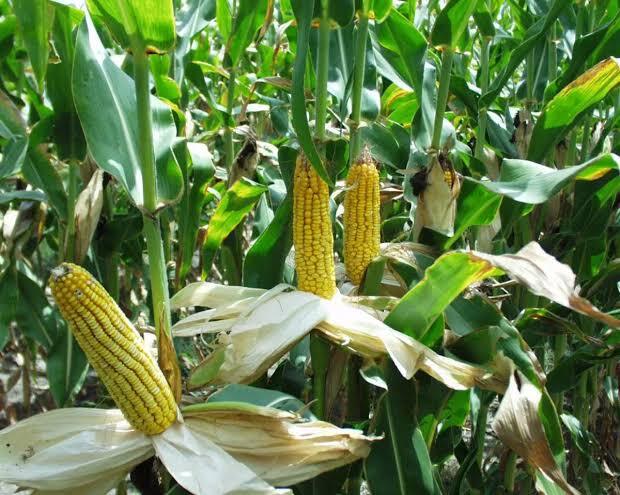South Africa Notifies Trading Partners of Goss’s Wilt Outbreak in Maize; Floods Deepen Agricultural Crisis

South Africa's Agriculture Minister, John Steenhuisen, has confirmed that international trading partners have been officially notified following the outbreak of Goss’s Wilt, a bacterial disease affecting maize crops, across several provinces.
The disease has been reported in Free State, North West, Gauteng, and Eastern Cape, posing a significant threat to crop yields due to its potential to stunt maize growth and lower production. In a written response to a parliamentary inquiry, Minister Steenhuisen detailed the government's response, emphasizing that relevant international bodies and trading partners, especially across Africa, have been informed through a pest alert system to ensure continued safe trade.
Goss’s Wilt, caused by the bacterium Clavibacter michiganensis subsp. nebraskensis, is particularly devastating to maize, and South Africa's rapid reporting aims to mitigate any potential trade disruptions.
Meanwhile, recent flooding along the Vaal River has compounded the agricultural sector’s woes. Thousands of hectares of crops — including lucerne and beans — have been destroyed in areas such as Bloemhof and Christiana in the North West province.
Local farmer Barry van Vuuren reported massive damage to his 175-hectare lucerne fields, with over 140 hectares submerged. “This is the seventh flood since I bought this farm 25 years ago,” he said. “We estimate we may only salvage between 25 and 45 hectares — the rest is either underwater or oversaturated.”
Daan Lottering, spokesperson for Agri Bloemhof, described the impact on farmers as "severe". “Those farming next to the river lost almost everything. Lucerne farmers are the hardest hit. The crop dies within two days of being waterlogged, and replanting is extremely costly,” he said. He also expressed concern about maize crops deteriorating in the heat, as most cannot be salvaged post-flood.
Despite the dual blow of plant disease and extreme weather, authorities do not anticipate a significant impact on consumer prices in the short term, though long-term concerns remain over replanting costs and future crop recovery.
As the country battles both biological threats and climate-related disasters, South Africa’s agricultural resilience and swift regulatory response remain critical to protecting trade ties and food security.
Follow & Subscribe:
👉 Africa Agri Market on LinkedIn for the latest updates and insights.
🌐 Visit us at www.africa-agri-market.com for more information!
